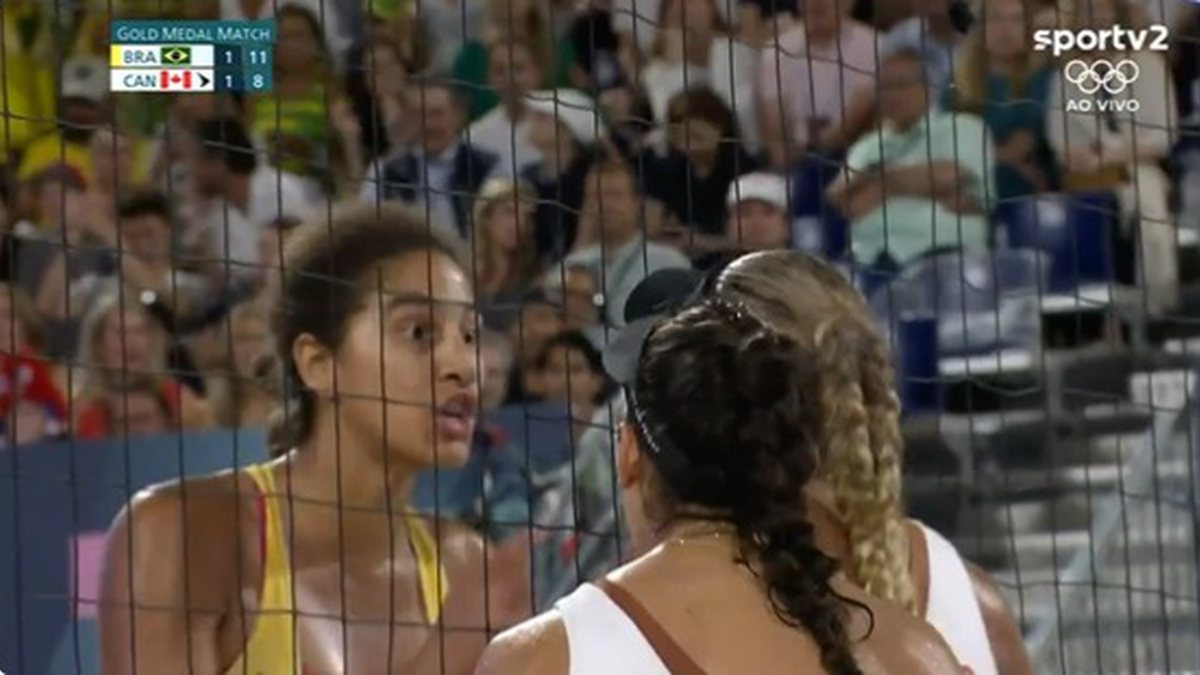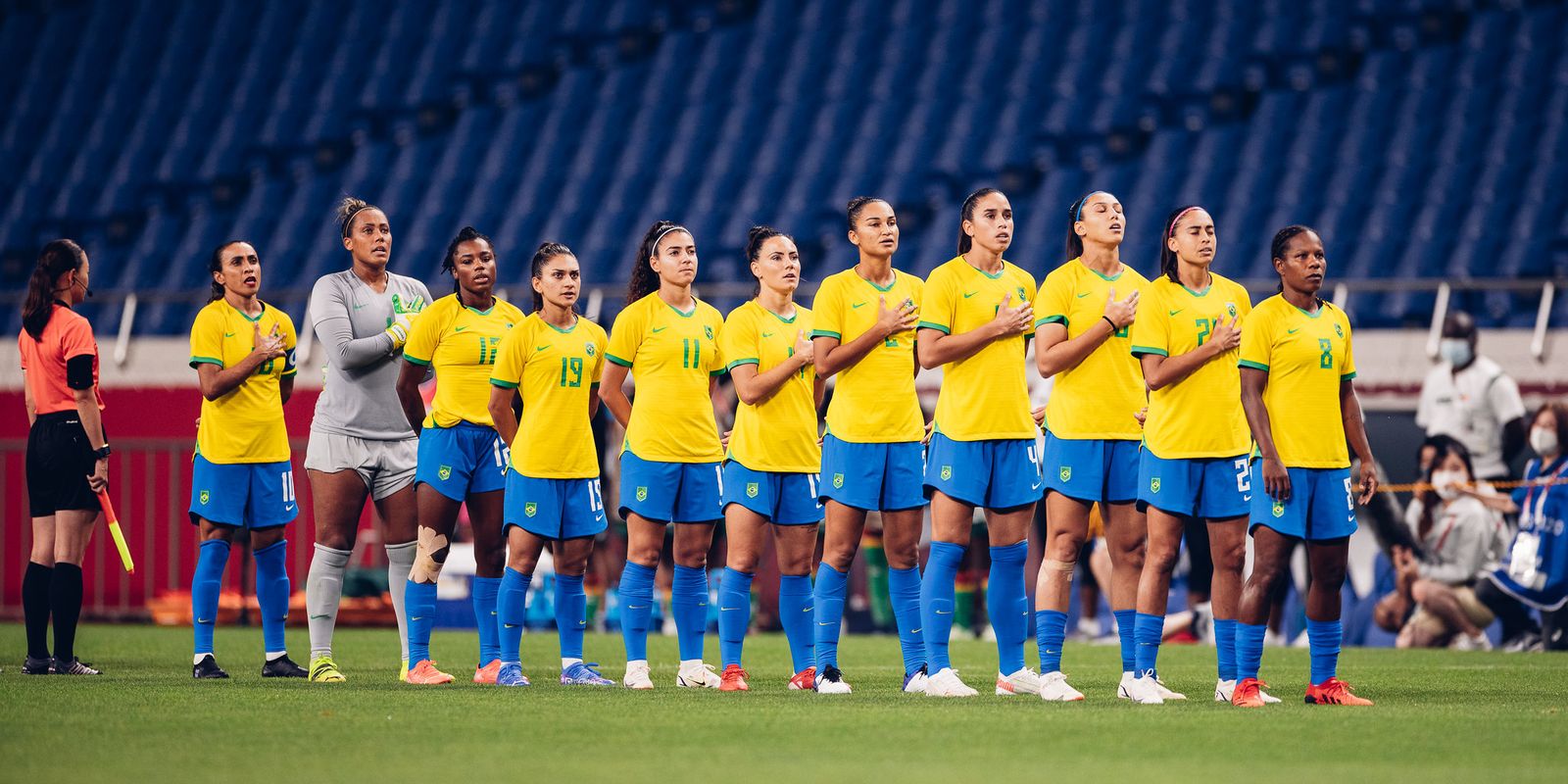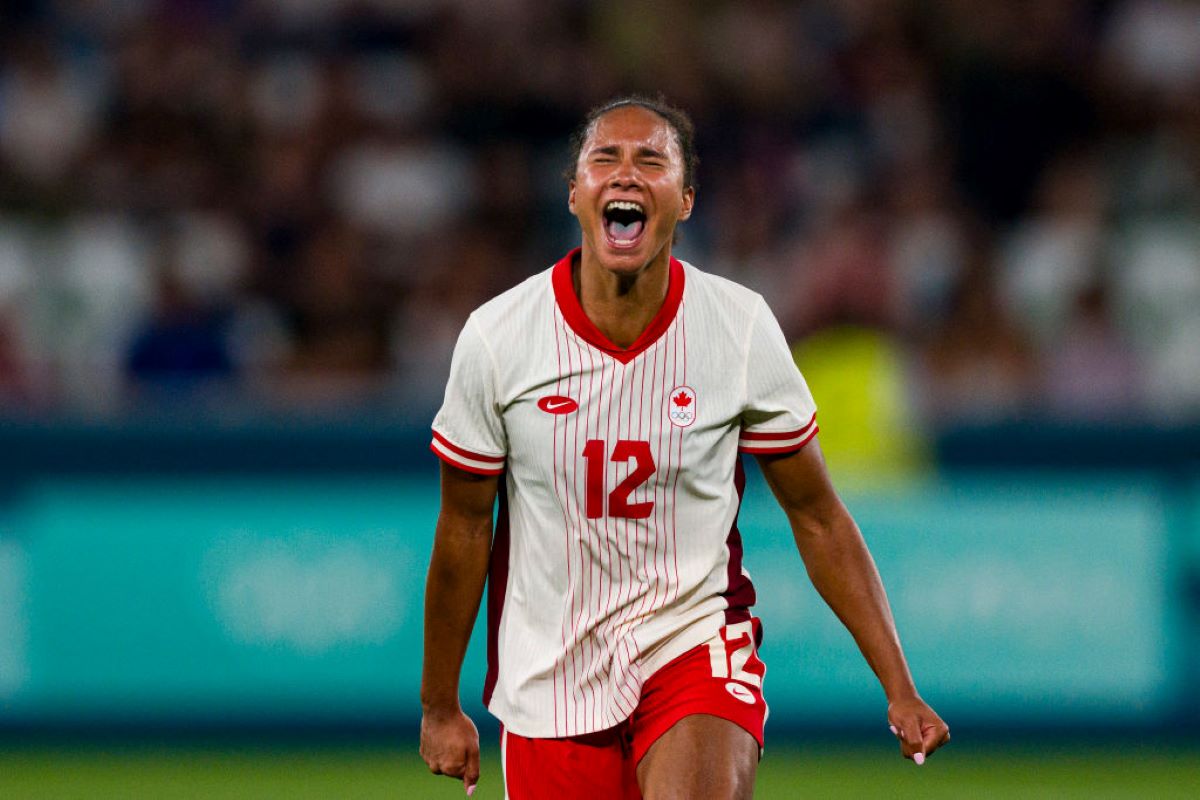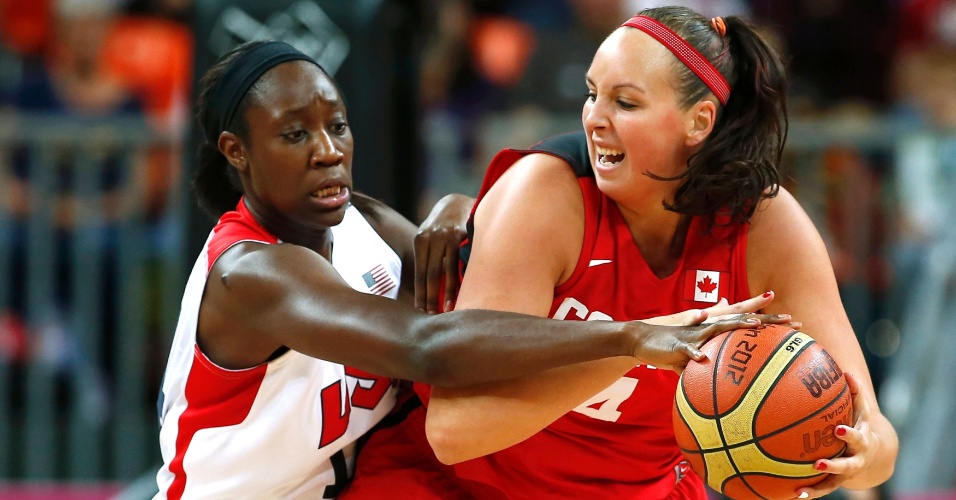In athletics relay events, the passing of the baton from one athlete to another is symbolic. It’s saying, “I’ve done my part, now it’s your turn.” This year’s Women’s World Cup in Australia and New Zealand has that context for Brazil. Along with Marta, the national team’s all-time leading scorer (between men and women), who will be competing in a World Cup for the sixth and final time, 11 other Brazilians will be making their debuts in the biggest event of the modality, in search of a new title.
Marta, 37, is the link of the current generation with the vice-champion team of the world (2007) and Olympic (2004 and 2008). It is the first time that the ace has played in a championship of this level without having midfielder Formiga and striker Cristiane by his side. The latter, aged 38, had already been absent from the Games in Tokyo, Japan, and was again not called up by Pia Sundhage, despite popular outcry. During the press conference she gave after the call, the coach refused to comment on the striker’s absence.
11 other players called up by Pia have already taken part in the competition before, but the protagonist among the veterans is d’Alagoas de Três Riachos, voted best player in the world six times and author of 17 cup goals, being the tournament’s top scorer (including men). . In the five appearances he has made, between 2003 and 2019, the number 10 has scored at least once in each edition, which only Canadian striker Christiane Sinclair has also managed.
And who will take over from the Queen? Some candidates are already in the current group. Midfielders Ary Borges and Kerolin, both 23, gained space after the Olympics and started with Pia. Midfielder Angelina, also 23, was another to come out on top after the Tokyo Games, for which she was called up at the last minute. Due to a right knee injury, which left her out of action for nearly a year, the player did not make the 23-man squad, but made it to the Cup as a one of three alternates.
Another replacement to watch for the future, even if she is already shining in the present, is Aline Gomes. In the space of just 11 months, the 18-year-old attacking midfielder, who turned 7 on July 7, has defended Brazil at the Under-17 and Under-20 World Cups (being a used to both) and was called up to the senior team.
Besides Aline, full-back Bruninha (21) and defender Lauren (20) – who are among the 23 players called up – played at the last Under-20 World Cup and helped Brazil clinch third place. Apart from Pia’s list, names like defender Tarciane (20) and defensive midfielder Yayá (21) were also part of this campaign, were watched by the Swedish coach and are athletes with the right space in the next stages of the women’s team.
The proximity to the grassroots teams was one of the characteristics of Pia’s work. The coach took office in August 2019 and aimed to renew the selection. It was the Swede who brought players like defender Tainara (24), midfielders Micaelly (22), Jaqueline (23), Ana Vitória (23), Duda Sampaio (22) and the striker Nycole (22) in the squad. The bottom three were called up to the Cup, while Tainara, fresh from injury, was called up as a substitute.
Pia herself, by the way, has the opportunity for an unprecedented title at this year’s Worlds. The 63-year-old coach led the United States to Olympic gold in 2008 (beating Brazil in the final) and 2012. At the World Cup, however, she was ranked almost a few times. As an athlete, she helped Sweden take third place in the first edition, in 1991. As a coach, she was runner-up in 2011, leading the United States, beaten by Japan in the decision.
The numbers of the coach in charge of Brazil are substantial. In 54 matches, there are 33 wins, 12 draws and nine defeats, with 124 goals scored and 40 conceded. In Tokyo, Pia’s selection lost to Canada in the quarter-finals, on penalties. Last year came the first official title with the Brazilian team: the Copa América, in 2022, which guaranteed the team a place at the Olympic Games in Paris, France, in 2024.
look at the rivals
Brazil is one of seven nations that have participated in all eight Women’s World Cups. In this year’s edition, the first with 32 teams and contested in two countries, the Brazilians were drawn in Group F, based in Australia, alongside France, Jamaica and Panama. The debut will take place next Tuesday (24), at 8 am (Brasília time), in Adelaide, against the Panamanians. On the 29th, at 7 a.m., the opponents will be the French, in Brisbane. Finally, on August 2, the Brazilians face the Jamaicans, still at 7 am, in Melbourne.
Brazil’s first opponent, Panama is one of the eight newcomers to the World Cup and the lowest placed team in the International Football Federation (Fifa) ranking among those of the Brazilian group, in 52nd position. The Central American team qualified for the world play-offs by eliminating Paraguay. Mexican coach Ignacio Quintana’s selection includes 12 athletes who play in the country and 11 who play abroad, three in Europe and two in the United States.
Of those in the United States, 20-year-old defender Hilary Jaén is still in college football. Forward Riley Tanner, 23, is the first Panamanian player to play in the American professional league, one of the best in the world. Interestingly, she was born in North American territory, but chose to defend her mother’s country of origin.
Then, the Brazilians will face their executioners of the last Cup, France, which on this occasion took over Canarinho’s team, then led by Vadão, by 2-1, in extra time. Compared to the last edition, when they lost against the USA in the quarter-finals, the French still have 11 in the squad of coach Hervé Renard (the same who led Saudi Arabia in the last Men’s World Cup).
Hervé took over in March, replacing Corinne Deacon, who was sacked after disagreements with some of the national team’s key players. A month earlier, for example, defender and captain Wendy Renard said she would no longer defend the team under Deacon. The decision was followed by other big names, like forwards Kadidiatou Diani and Marie-Antoinette Katoto.
The coach’s departure stopped the bleeding, allowing the players to return. Despite everything, the French team will have important absences in the Cup, such as midfielder Amandine Henry (who scored the goal that eliminated Brazil four years ago) and forwards Delphine Cascarino and Katoto herself. all injured.
Jamaica, the last rival of the first phase, is not an unknown opponent either. The teams faced each other in the last Cup, with a 3-0 Brazilian victory in the duel which opened the participation of both. From this team, 11 members remain, including Khadija Shaw, the main name of the team. The 26-year-old striker defends Manchester City (England) and was the second top scorer in the last Premier League, with 20 goals in 22 games. During the season, including in other competitions, she found the net 31 times in 30 games.
The Jamaican national team is another that has undergone recent (and tumultuous) leadership changes, with Lorne Donaldson taking over from Vin Blane after players from the Caribbean team wrote to the federation asking for a manager change. . Blane, meanwhile, replaced Hubert Busby Jr. himself, who was suspended after allegations of sexual harassment while working in Canada in 2011. Busby Jr. had served as a national team assistant in 2019 .
The top two from Group F will advance to the Round of 16, where they will face the two seeded from Group H, which includes Germany, Colombia, South Korea and Morocco. The team with the best record in one group will play the second in the other.
With the Brazil agency

“Evil pop culture fanatic. Extreme bacon geek. Food junkie. Thinker. Hipster-friendly travel nerd. Coffee buff.”






:strip_icc()/i.s3.glbimg.com/v1/AUTH_da025474c0c44edd99332dddb09cabe8/internal_photos/bs/2024/x/2/N6XJkFRYWxJY6hAeUEtw/betty2.png)
